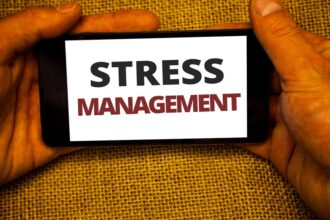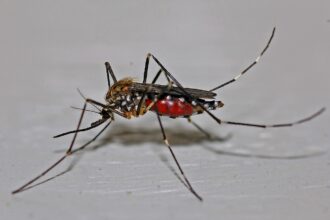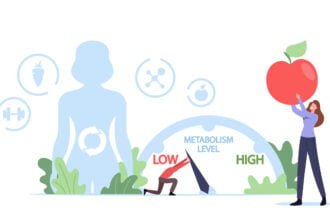It took me a long time to admit to others and myself that I was a cancer patient. But after that, it took an even longer time to see myself as anything else. I’m trying to transition back into normality.
Just a couple years back, I was enjoying the prime life: attending college, living on my own, paying my own bills for the first time, and in charge of my own life. I was in a constant high state with all the freedom I had—and loving the responsibilities.
January 2014, my senior year and last semester, I was diagnosed with stage II uterine cancer.
It took me a long time to admit to others and myself that I was a cancer patient. But after that, it took an even longer time to see myself as anything else. I’m trying to transition back into normality.
Just a couple years back, I was enjoying the prime life: attending college, living on my own, paying my own bills for the first time, and in charge of my own life. I was in a constant high state with all the freedom I had—and loving the responsibilities.
January 2014, my senior year and last semester, I was diagnosed with stage II uterine cancer.
This was and still is unheard of for patients under the menopausal or pre-menopausal age to have uterine/endometrial cancer. This is because uterine cancer is thought to have a very close correlation with women who have hormonal imbalances, such as women in menopause.
At my age, 21, this diagnosis was rare.
I was many things, a teacher, a student, a daughter, a girlfriend, a roommate, and that random stranger that was able to put a smile on your face. But being a cancer patient wasn’t a label I ever expected to obtain.
By my senior year, I had already had two laparoscopic surgeries to remove the severe endometriosis discovered throughout my lower abdomen, and I had a partial hysterectomy. I was no longer a “newbie” to the medical scares that seemed be the only happening events in my life lately.
I decided to continue in full-time school to avoid losing my full-ride scholarship. I started treatments two weeks later and continued with four rounds of chemotherapy. Everything changed, and my freedom seemed to disappear quicker than my weight did. I felt less and less in control of my body every day.
I’m not sure if it was my extreme stubbornness or my motivation that kept me positive throughout my first few rounds of treatment. But either way, I kept my scholarship and was able to graduate in May; just a few weeks after hearing I was in remission!
But as a cancer patient, I had the support of the world’s best army: a caring medical team, along with my family and friends.
On paper, it says that I’m better, like I subsequently should be. The treatments have come to a halt, and the concerned phone calls from family and friends have slowed their flow and become more of a seeping drip.
But still yet, I am feeling lost in the transition from Cancer Patient to Survivor now that I’m in remission. My entire world was picked up and turned around, and now I’m spit back out onto the assembly line of life, expected to fit back in and be “normal.” Have you transitioned from patient to survivor? Tell me your experience in the comments section.
Gaining strength from experience,
Eleanor Campbell









